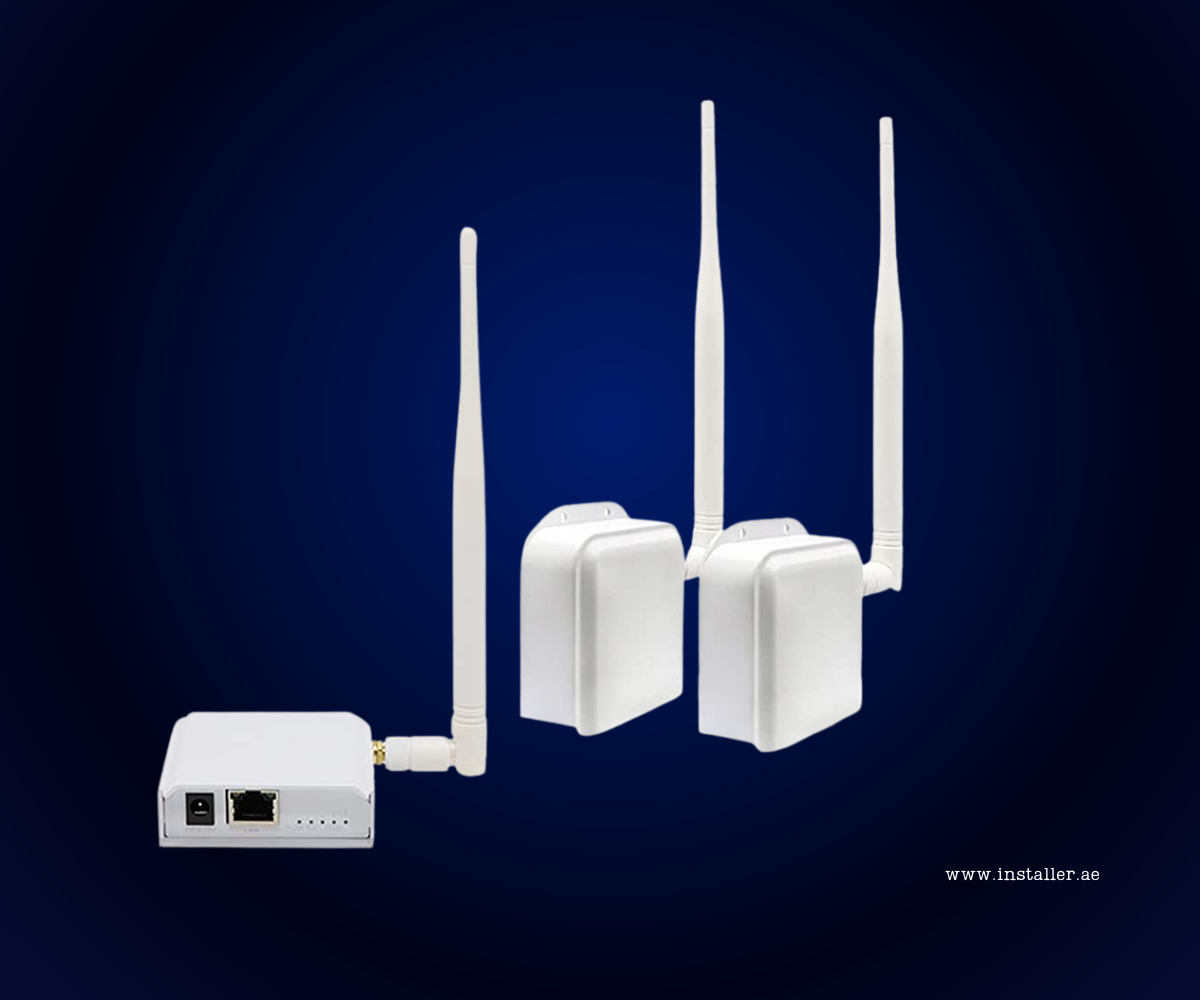Enhance your wireless coverage with professional Wi-Fi access point installation by SnapFix in Dubai and Abu Dhabi. Say goodbye to dead zones and enjoy seamless connectivity.
What is Wi-Fi Access Point and its uses ?
A Wi-Fi access point, or wireless access point, is a device that enables wireless devices to connect to a wired network. Access points are commonly used in businesses, schools, and homes to provide wireless access to the internet or a local area network (LAN).
Wi-Fi access points provide a number of benefits, including increased mobility, improved productivity, cost-effectiveness, flexibility, enhanced security, scalability, and improved user experience. As more and more devices become wireless, Wi-Fi access points are becoming increasingly important for businesses, schools, and homes. By providing wireless access to the internet and network, access points enable users to stay connected and productive no matter where they are.
Benefits of Wi-Fi Access Points
- Improved productivity: Wi-Fi access points can also improve productivity by allowing employees to access files and data from anywhere within range of the access point. This eliminates the need to transfer files from a wired computer to a mobile device, which can save time and increase efficiency.
- Increased mobility: One of the primary benefits of Wi-Fi access points is increased mobility. With a wireless connection, users can move around freely without being tethered to a wired connection. This is particularly important in business environments where employees need to move around the office or in schools where students may need to move between classrooms.
- Enhanced security: Wi-Fi access points also provide enhanced security. Many access points offer features such as encryption and authentication to protect against unauthorized access. Additionally, access points can be configured to allow only authorized devices to connect to the network, further enhancing security.
- Cost-effective: Wi-Fi access points are often more cost-effective than traditional wired networks. With a wireless network, there is no need to run cables throughout a building, which can be expensive and time-consuming. Additionally, wireless networks can be expanded easily by adding additional access points, rather than running additional cables.
- Increased flexibility: Wi-Fi access points also provide increased flexibility. With a wireless network, users can connect to the internet or network from anywhere within range of the access point. This is particularly useful for businesses or schools that need to accommodate large groups of people, such as conferences or meetings.
- Increased scalability: Wi-Fi access points are highly scalable. As the number of devices and users increases, additional access points can be added to the network to provide more coverage and bandwidth. This makes it easy to expand the network as needed without having to make major changes to the infrastructure.
- Improved user experience: Wi-Fi access points can also improve the user experience. With a wireless connection, users can connect to the internet or network quickly and easily, without having to deal with the hassle of cables and wires. This can make it easier for users to get work done and improve overall satisfaction.



